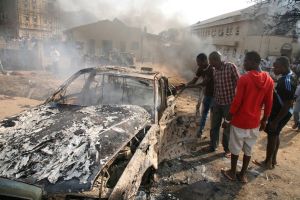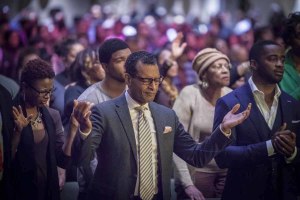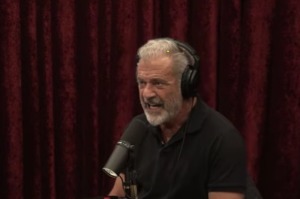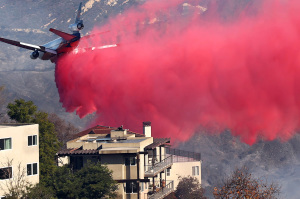US troops must stay in Syria to maintain a 'foot on the throat of ISIS,' Austin warns
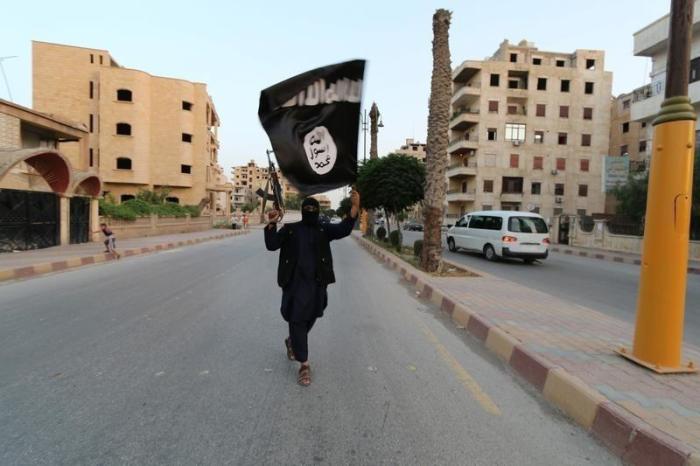
U.S. Defense Secretary Lloyd Austin has said American troops must remain in Syria to prevent the Islamic State from regaining a foothold, warning that pulling out prematurely would allow the terror group to reconstitute as a major threat.
Austin asserted in a recent interview with The Associated Press that U.S. troops remain essential to preventing the Islamic State group from rebuilding its combat strength in Syria.
As President-elect Donald Trump previously expressed a desire to pull forces out of Syria, Austin believes if U.S. forces withdraw too quickly, militants could "enter back into the mainstream," posing a renewed danger after the recent toppling of Bashar al-Assad's government.
The United States still needs a "foot on the throat of ISIS," he asserted, referring to the acronym of the Islamic extremist group that enacted what it called its own "caliphate" in parts of Iraq and Syria during the mid-2010s, enslaving and killing thousands.
Austin indicated that one of the military's principal objectives is to secure detention camps where up to 10,000 Islamic State fighters are being held. At least 2,000 detainees are deemed "very dangerous," he said, making it critical to keep the camps under close watch.
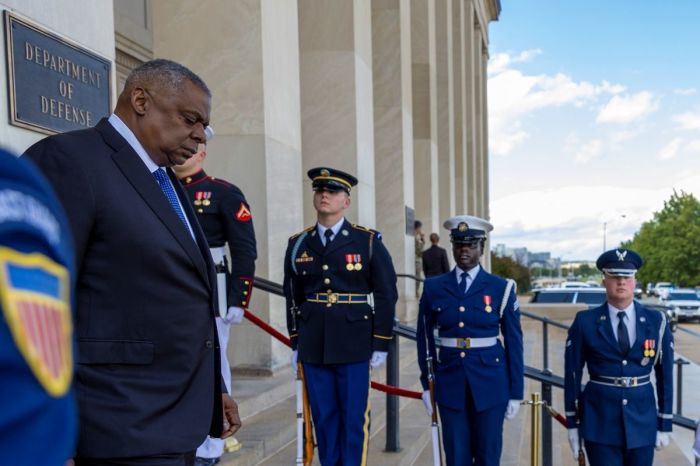
Speaking shortly before the end of his tenure, Austin said American forces have partnered with the Kurdish-led Syrian Democratic Forces to provide security in those areas, including camps holding families of captured militants.
"At some point, the SDF may very well be absorbed into the Syrian military and then Syria would own all the (IS detention) camps and hopefully keep control of them," Austin was quoted as saying. "But for now I think we have to protect our interests there."
Turkey, which regards the SDF's Kurdish component as an affiliate of the Kurdistan Workers' Party, or PKK, has opposed U.S. ties with this local force. Turkey has increased airstrikes to remove Kurdish forces from strategic areas, causing additional complications for the SDF.
Last month, Pentagon spokeswoman Sabrina Singh clarified that there were no immediate plans to increase the existing U.S. troop presence in Syria but added that Washington remains determined to ensure the safety of the troops that are there.
While the U.S. has officially counted around 900 troops in Syria, there are also reportedly undisclosed numbers of contractors and special operations forces that frequently move in and out of the country. Those forces have been stationed there for a decade, initially deployed when Islamic State militants seized large areas in 2014.
Meanwhile, the incoming administration of President-elect Donald Trump will inherit the question of whether to remove Hayat Tahrir al-Sham, or HTS, now leading Syria's transitional government, from the U.S. terrorist designation list.
The Biden administration will maintain HTS's designation for the remainder of President Joe Biden's tenure, shifting the decision to the new administration, according to U.S. officials cited by The Washington Post.
Among the reasons for the terror label is HTS's earlier affiliation with al-Qaeda, although its leadership claims to have severed those ties. HTS's seizure of power in Damascus last month has raised questions about stability, leaving a leadership vacuum and prompting concern in Washington that militant groups could exploit the upheaval.
The posture of the new U.S. administration on Syria could also potentially affect alliances on the ground.
Trump recently wrote on his Truth Social network, "THE UNITED STATES SHOULD HAVE NOTHING TO DO WITH IT. THIS IS NOT OUR FIGHT," in reference to Syria's conflicts. He further commented, "LET IT PLAY OUT. DO NOT GET INVOLVED!"
Trump has previously urged a withdrawal from the region during his first term, which contributed to the resignation of former Defense Secretary Jim Mattis in 2018. Plans to pull troops out of Syria also faced criticism from Evangelical leaders, including the late Pat Robertson, Tony Perkins and former Arkansas Gov. Mike Huckabee.
Huckabee, a former Baptist pastor and Trump's nominee for the new U.S. ambassador to Israel, has stated in the past that while he typically agrees with Trump's foreign policy, he thinks it would be a "huge mistake to abandon the Kurds."
"They've never asked us to do THEIR fighting-just give them tools to defend themselves," Huckabee wrote in a 2019 social media post. "They have been faithful allies. We CANNOT abandon them."
Former Ambassador Robert Ford, who served under the Obama administration, told the BBC in December that the new U.S. administration might keep some involvement in the region, partly because officials in the president-elect's circle worry about counterterrorism risks.
White House national security spokesman John Kirby told CNN News Central last month that the U.S. was working on ways to communicate with all factions that contributed to Assad's removal. Kirby said the administration "will be working through all the processes we can, including at the U.N.," to forge pathways for collaboration or to maintain existing security frameworks.

















